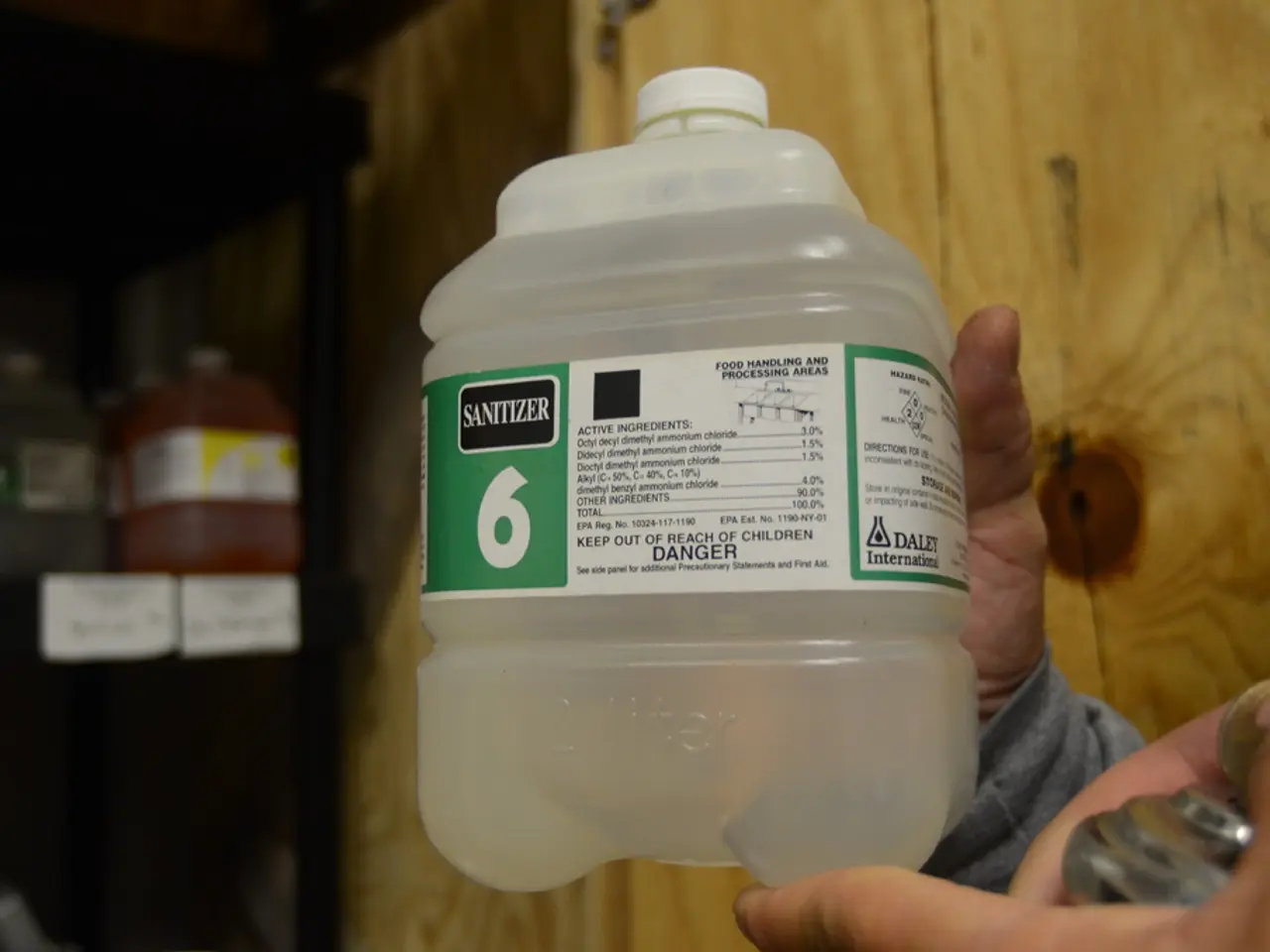Nose Staph Infection: Recognizing Symptoms, Seeking Treatment, and Diagnostic Approaches
In recent times, the importance of understanding and managing nasal Staphylococcus aureus (Staph) infections has become increasingly significant. This bacterium, commonly found in the nasal passages of humans, can cause a variety of health issues if left unchecked.
**Prevention is Key**
Adopting good hygiene practices is crucial in reducing the spread of S. aureus. Regular handwashing with soap and water, especially in community and healthcare settings, is a simple yet effective measure. Moreover, avoiding sharing personal items such as towels and razors, and cleaning and covering wounds can help prevent bacterial entry.
Preoperative nasal screening for S. aureus can also help prevent transmission and reduce the risk of postoperative infections, particularly for individuals at higher risk of infection.
For people with recurrent infections or those identified as carriers, nasal decolonization may be necessary. This typically involves applying nasal mupirocin ointment twice daily for 5–10 days, combined with skin decontamination using chlorhexidine body washes or dilute bleach baths for 5–14 days.
**Treatment Options**
For nasal carriage, mupirocin ointment applied inside the nostrils is the standard treatment and is effective for decolonizing S. aureus, including MRSA strains. If an active infection is present, treatment depends on the severity and site. For susceptible strains, penicillin may be used, but resistance is common. In such cases, penicillinase-resistant β-lactam antibiotics (e.g., oxacillin, flucloxacillin) or vancomycin are commonly prescribed, following local resistance patterns.
For severe or systemic infections, treatment may require hospitalization and intravenous antibiotics. The duration and choice of antibiotics depend on the infection site and severity.
**When to Seek Medical Advice**
Persistent or worsening nasal symptoms, signs of systemic infection, recurrent infections, and underlying health conditions warrant prompt medical attention. Individuals with weakened immune systems, chronic illnesses, or those preparing for surgery should seek medical advice if S. aureus is suspected.
In summary, preventing and managing nasal S. aureus involves a combination of hygiene, screening, and targeted decolonization or antibiotic therapy based on individual risk and resistance patterns. Always consult a healthcare provider for personalized advice, especially if infections are recurrent or severe.
It is essential to remember that while S. aureus is a common bacterium, its impact can be significant. By understanding the prevention and treatment options available, we can work towards minimising the risks associated with this bacterium.
- Besides hygiene practices, preventive measures against S. aureus include preoperative nasal screening and nasal decolonization for those with recurrent infections or identified as carriers.
- Nasal decolonization often involves using nasal mupirocin ointment and chlorhexidine body washes or dilute bleach baths over a specific period.
- For active infections, treatment depends on the severity and site, with penicillin and penicillinase-resistant β-lactam antibiotics like oxacillin, flucloxacillin, or vancomycin commonly prescribed in case of resistance to penicillin.
- Severe or systemic infections may require hospitalization and intravenous antibiotics for effective treatment, with the duration and choice of antibiotics determined by the infection site and severity.
- If individuals experience persistent or worsening nasal symptoms, signs of systemic infection, recurrent infections, or have underlying health conditions, prompt medical attention is needed.
- People with weakened immune systems, chronic illnesses, or those preparing for surgery should seek medical advice if S. aureus is suspected.
- In the context of health and wellness, understanding the prevention and treatment options for S. aureus can help minimize risks associated with this bacterium.
- The significance of managing nasal S. aureus extends to mental health, as depression and anxiety can result from chronic conditions like Crohn's disease, ulcerative colitis, psoriatic arthritis, or even non-small cell lung cancer (NSCLC).
- Proactive management of S. aureus is relevant to a broader spectrum of medical-conditions, chronic-diseases, and respiratory-conditions, while maintaining proper skin-care is essential to prevent possible complications or infections.




